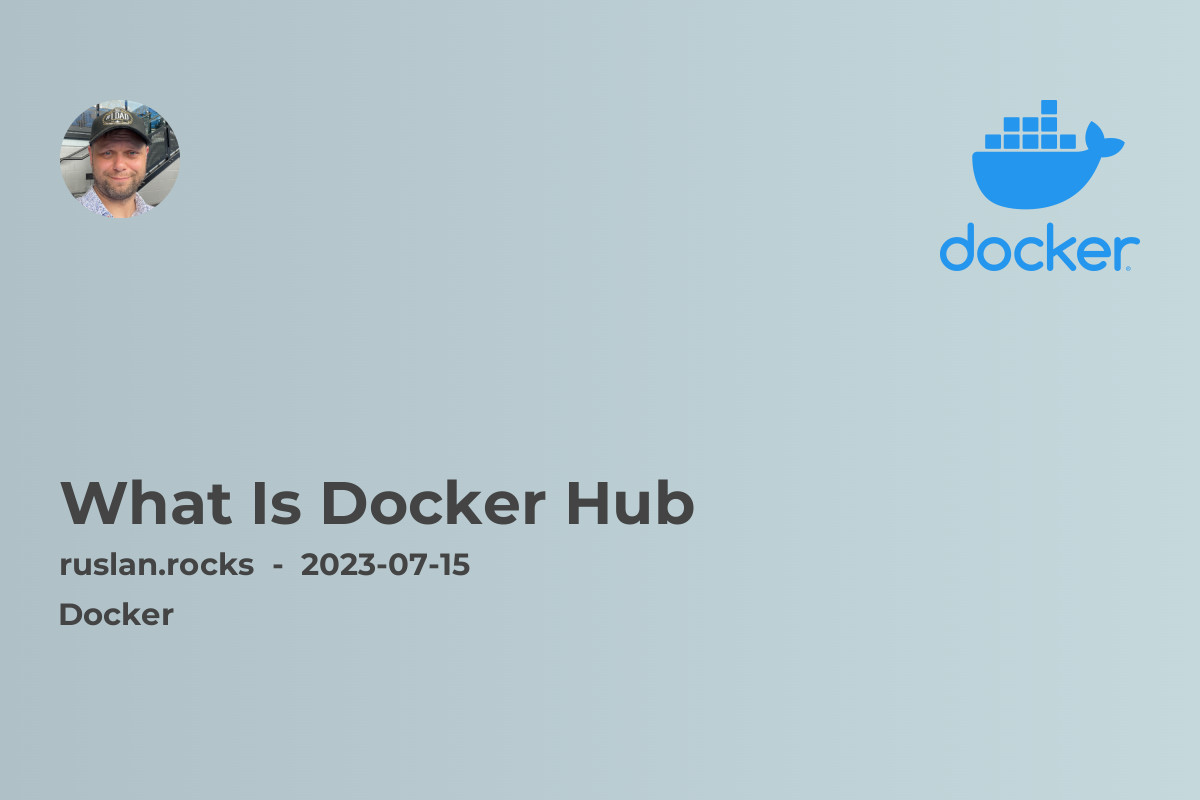- Simplifying Image Distribution and Discovery
- Collaborative Development and Sharing
- Integration and Extensibility
- Related Topics:

Docker Hub is a cloud-based repository provided by Docker that allows developers to store and access Docker images. It serves as a central hub where developers can share and distribute their containerized applications. Docker Hub simplifies the process of finding, managing, and sharing Docker images, making it an essential tool in the Docker ecosystem.
Simplifying Image Distribution and Discovery
The primary functionality of Docker Hub is to simplify the distribution and discovery of Docker images. Docker images are lightweight, standalone, and executable software packages that include everything needed to run an application, including the code, runtime, system tools, libraries, and settings. By using Docker Hub, developers can easily search for existing Docker images, pull them down to their local systems, and deploy them within their own environment. This eliminates the need to build the entire environment from scratch.
Docker Hub's user-friendly interface allows developers to search for images based on various criteria. They can browse through public repositories or search for specific tags, which represent different versions of images. Additionally, Docker Hub provides the ability for developers to create private repositories for sensitive or proprietary images, enabling secure distribution within their organizations.
Docker Hub also supports automated builds, which allow developers to link their GitHub or Bitbucket repositories to Docker Hub. Whenever changes are made to the repository, Docker Hub automatically builds and updates the corresponding Docker image, ensuring that the latest version is always available.
Collaborative Development and Sharing
One of the key benefits of Docker Hub is its ability to facilitate collaborative development and sharing among the Docker community. Developers can easily publish their own Docker images to Docker Hub, making them available to others for reuse or modification. This promotes code sharing, accelerates development cycles, and fosters innovation.
Within Docker Hub, users can create organizations and teams, allowing multiple developers to collaborate on the same set of Docker images. This enables teams to streamline their development processes by maintaining a centralized repository and ensuring consistent image builds across different environments.
Furthermore, Docker Hub provides a platform for developers to contribute to the wider Docker community. By publishing their own images or contributing to existing ones, developers can share their expertise and help improve the overall quality and functionality of the Docker ecosystem.
Integration and Extensibility
Docker Hub integrates seamlessly with other Docker tools and services, making it even more powerful and versatile. For example, developers can use Docker Hub with Docker Desktop, a popular development environment for building and testing Dockerized applications. This integration allows developers to easily push their local Docker images to Docker Hub for further sharing or deployment.
Moreover, Docker Hub provides a well-documented application programming interface (API) that developers can leverage to integrate Docker Hub's functionality into their own systems or tools. This allows for sophisticated automation and customization of image management workflows.
Related Topics:
- What Is Docker
- What Is Docker Image
- What Is Docker Repository
- What Is Docker Desktop
- Managing Microservices With Docker Swarm And Kubernetes
In conclusion, Docker Hub serves as a centralized hub for Docker images, simplifying the process of image distribution, sharing, and collaboration. It streamlines the development and deployment of containerized applications by providing a user-friendly interface, automated build capabilities, and integration with other Docker tools. Docker Hub is an essential component of the Docker ecosystem, enabling developers to fully leverage the power of containers for their software projects.
